The 2023 World’s 100 Best Cities report has been released, and five Canadian metro areas have made the list. Based on a number of factors that make these cities the most desirable for locals, visitors and businesses, the list ranks spots across the globe with populations of at least one million people. Let’s take a closer look at these world-class Canadian cities and explore the reasons why they rate among the best.
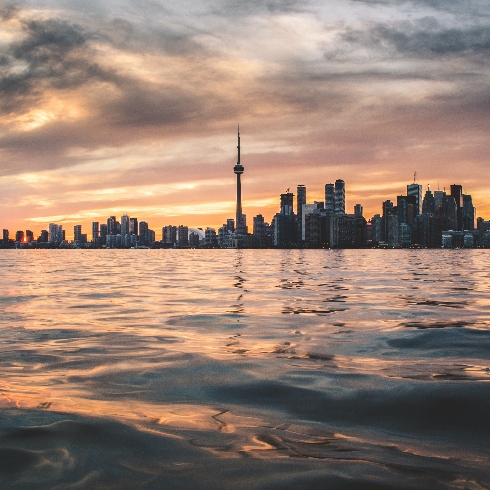
Toronto
Diversity and education are two of the main reasons why Canada’s largest city landed in the top 25 this year. Toronto residents rank 20th globally for the most educated residents, partially fueled by an influx of skilled immigrants, plus the University of Toronto ranks ninth in the world.
The city is also home to the seventh-highest number of Global 500 head offices. The Greater Toronto Area was the fastest-growing metro area in North America in 2022, and when it comes to population, it’s projected to trail New York and Mexico City within 50 years.
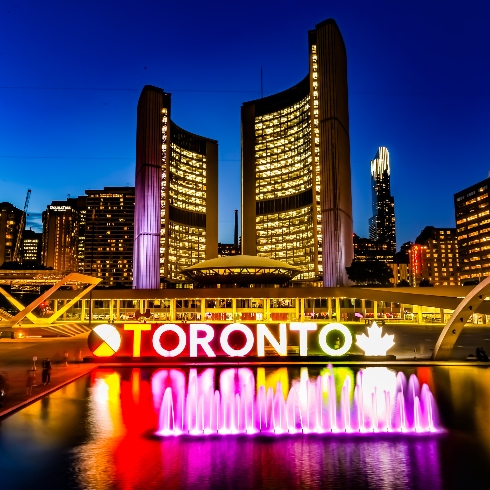
Toronto Isn’t All Work and No Play
In addition to its educational quality, economic growth and diversity, Toronto also has a lot to offer when it comes to arts, recreation, culture and tourism. The report factors in things like parks, swimming pools, new hotels and the recently renovated Massey Hall as some of the reasons why it’s landed at #24 this year.
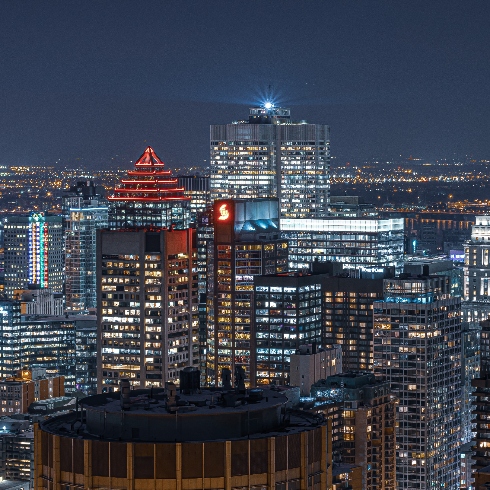
Montreal
Although Montreal ranks #12 globally for income equality, it wasn’t enough for it to crack the Top 50 in 2023 (it landed just shy at #53). But there are several reasons why it was included on this year’s list. It’s a hub for innovation, with McGill University ranking #27 globally, and Université de Montréal making waves in the development of AI. The city’s growing expertise in the tech sector is bringing in foreign investment for both business and real estate.
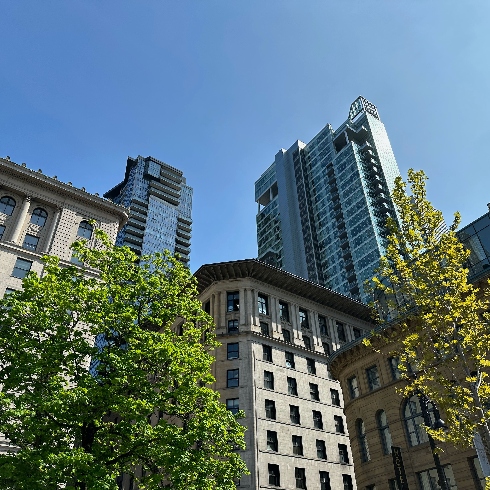
Montreal is a Slice of Europe in Canada
Montreal’s European vibe continues to be one of the driving forces in its appeal. It ranks #22 for culture thanks to its thriving indie music scene, street art and murals, vibrant festivals, and prominent thoroughfares that favour pedestrians and cyclists.
The Espace St-Denis in the Latin Quarter, opening in 2025, will infuse even more cultural appeal with new performance spaces and dining options surrounding the historic Théâtre St-Denis. This also reflects the city’s ability to preserve its historical buildings while still making room for new development.
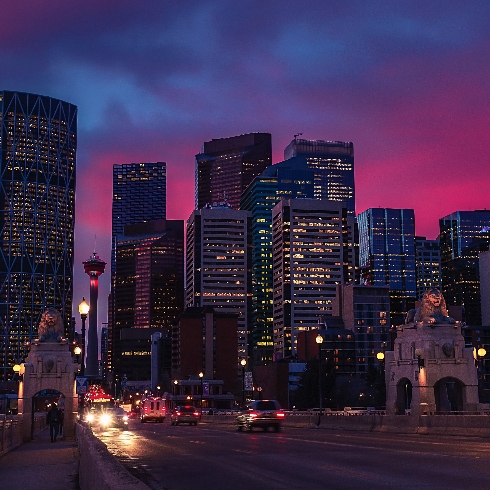
Calgary
Coming in at #65 this year is Calgary, Canada’s energy capital and the city with the highest GDP per capita in the country. Moving away from its roots in the oil industry and toward more sustainable options, its entrepreneurial spirit makes it Toronto’s closest rival when it comes to hubs for businesses in the nation. It also has one of the country’s youngest populations. Things looked less sunny following the pandemic, when it ranked #154 for unemployment globally and had one of the highest rates for Canadian cities, but it’s slowly turning around.
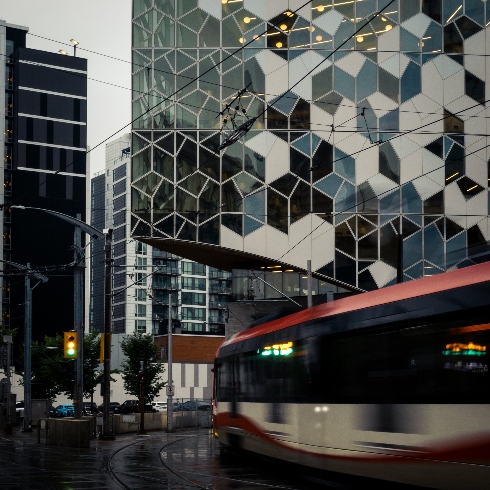
Calgary Culture and Quality of Life
Working in Calgary’s favour is a rise in construction, as the city hopes to lure new residents looking for affordable real estate compared to the rest of the country. New builds aren’t restricted to the residential sector, with a half-dozen new hotels catering to business travellers. Plus, there’s the Central Library that recently opened in East Village, a neighbourhood that’s considered the cultural heart of Calgary, further enhancing quality of life for city residents.
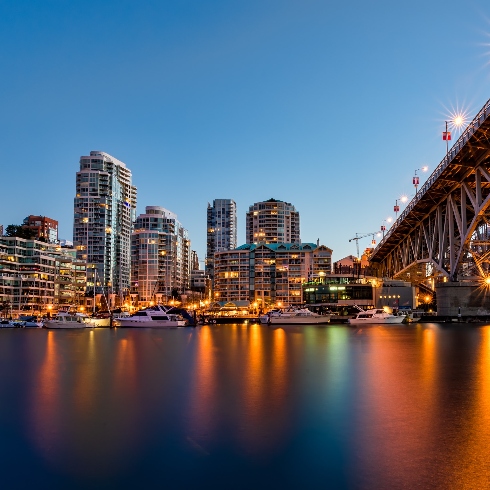
Vancouver
Vancouver lands at #69 on the list thanks to its natural beauty, together with the diversity and intelligence of its residents. However, it could’ve ranked higher if the cost of living wasn’t so elevated. It’s renowned as a smart city, with University of British Columbia rated #18 in the world. The residents are socially-minded, ranking #20 for income equality. A combination of rapid population growth and foreign investment has driven up the price of housing, with rates reflecting global factors rather than local wages.
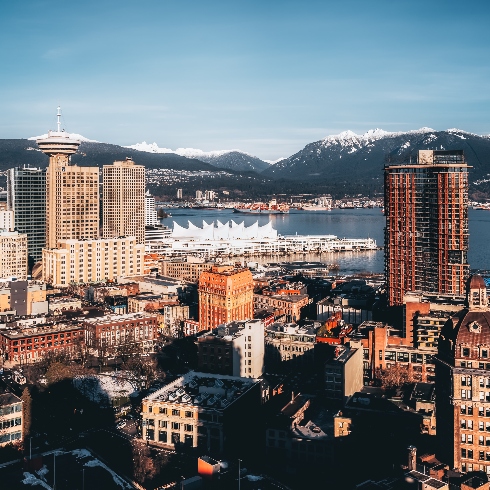
Vancouver: From Office to Ocean or Mountains
The city is attracting tech firms from Silicon Valley and Seattle, thanks in part to Canada’s openness to immigration from global tech talent. Plus, the topography of the Metro Vancouver area makes it an appealing place to live and work. The proximity of downtown offices to the ocean and mountains means that people can leave work, hop on public transit, and ski the slopes or surf the waves.
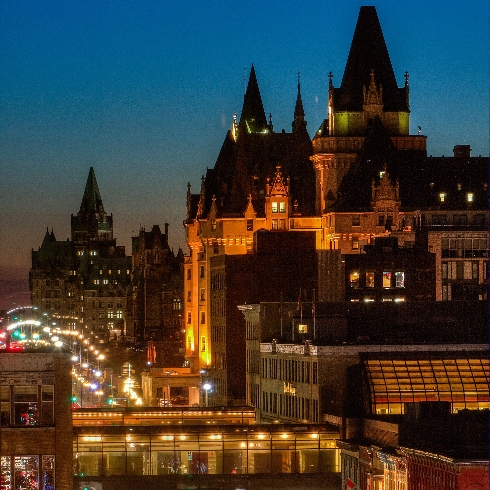
Ottawa
Canada’s capital cracked the Top 100 this year thanks to the city’s collective intelligence and relatively low cost of living compared to elsewhere in the country. Ottawa ranks 15th for Educational Attainment, and the collective brainpower has contributed to approximately 1,800 knowledge-based businesses covering everything from clean technology to digital media and aerospace engineering to software. This is generating thousands of new jobs, and a #79 ranking in global GDP per capita.
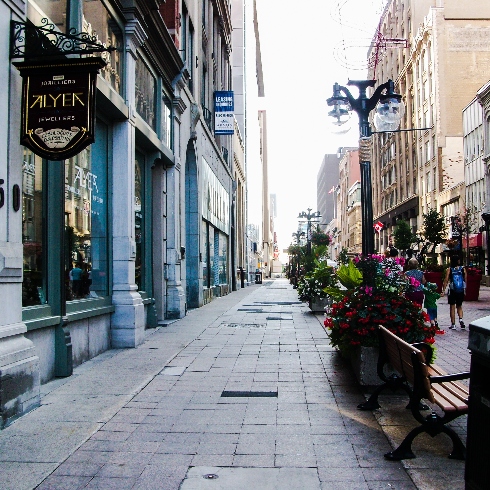
Rich Arts and Culture in Ottawa
Although housing costs are rapidly rising like elsewhere in Canada, the cost of living has remained on the lower side so residents have more disposable income. Ottawa has pedestrian-first streets with restaurants and shops, plus a wealth of arts and attractions including museums, galleries and festivals. There’s also a new agritourism venture called Mādahòkì Farm where Indigenous communities can “reconnect with the land through both healing and wellness programs and social enterprise opportunities.”
Home Network your inbox.
By clicking "SIGN UP” you agree to receive emails from Home Network and accept Corus' Terms of Use and Corus' Privacy Policy.




